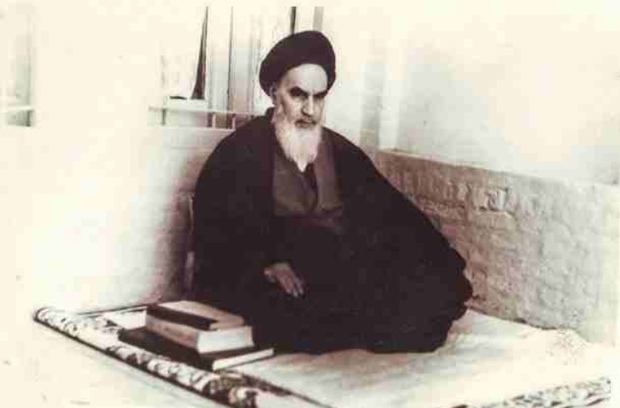- News code: 1266805
- Source: en.imam-khomeini.ir
Although knowledge can sometimes induce man to boast, prevent him from continuing his way to perfection, and become his mental burden, this exceptional condition should never be taken as a pretext that ignorance, therefore, is better than knowledge. In fact, in the parlance of philosophy knowledge is from the category and kind of existence, and existence, from whatever class and rank it may be, is from the lack of what is better and superior.
Abandonment of knowledge under the pretext that it often becomes a veil of man is like avoidance of food with the justification that gluttony or malnutrition is a factor in the ailments of man. In the same manner that treating malnutrition or gluttony is not abstention from food or absolute fasting, but lies in proper eating, similarly, in order to avoid the dangers of knowledge, one should not turn one’s back on knowledge.
Instead, its blemishes should be identified and be avoided. Hence, those who assert that knowledge is the greatest of veils and, on this pretext, trample on the legacy of the prophets (peace be upon them) (that is, knowledge) have adopted a false way.
In this corporeal world which is an arena of conflict of phenomena and every thing is in danger and challenged by other things, knowledge also has its curses that often become man’s greatest veil. However, just as we deal with the blemishes of other phenomena, those of knowledge should be dealt with as well and the side effects trimmed off.
Therefore, knowledge, to whatever extent it may be, is valuable and, to that same extent, facilitates man’s way to perfection, and the sciences—whatever their level, whether they pertain to the ma‘ārif or something else—are a path for reaching the Garden appropriate to each of them, and the wayfarer of each of the paths of knowledge is a traveler on one of the paths of Paradise.
As such, albeit the Imām strongly emphasizes knowledge that is profitable and discourages loading the memory with unnecessary terminologies, he still stresses the instrumental role of knowledge in this manner:
I, too, do not put much of a store by mere knowledge, and a learning that does not bring faith with it is the greatest of veils. However, one has to approach a veil in order to tear it into shreds. The sciences are seeds of (spiritual) experience.
Therefore, anyone who has essentially entered the greatest veil can go out of it. One cannot bypass this channel. Instead, one should enter through one door and exit through another. Not entering and also stopping inside are both incorrect.
As a result, through a practical approach to knowledge and insistence on the fact that all “the sciences are absolutely practical and even the transcendental sciences have, in a way, a practical aspect in them,” the Imām urges us initially to deal with the profitable and ennobling kinds of knowledge consciously, selectively and with consideration to the limited opportunity and facilities that we have.
Read more:
Imam Khomeini revived pure justice of Islam

